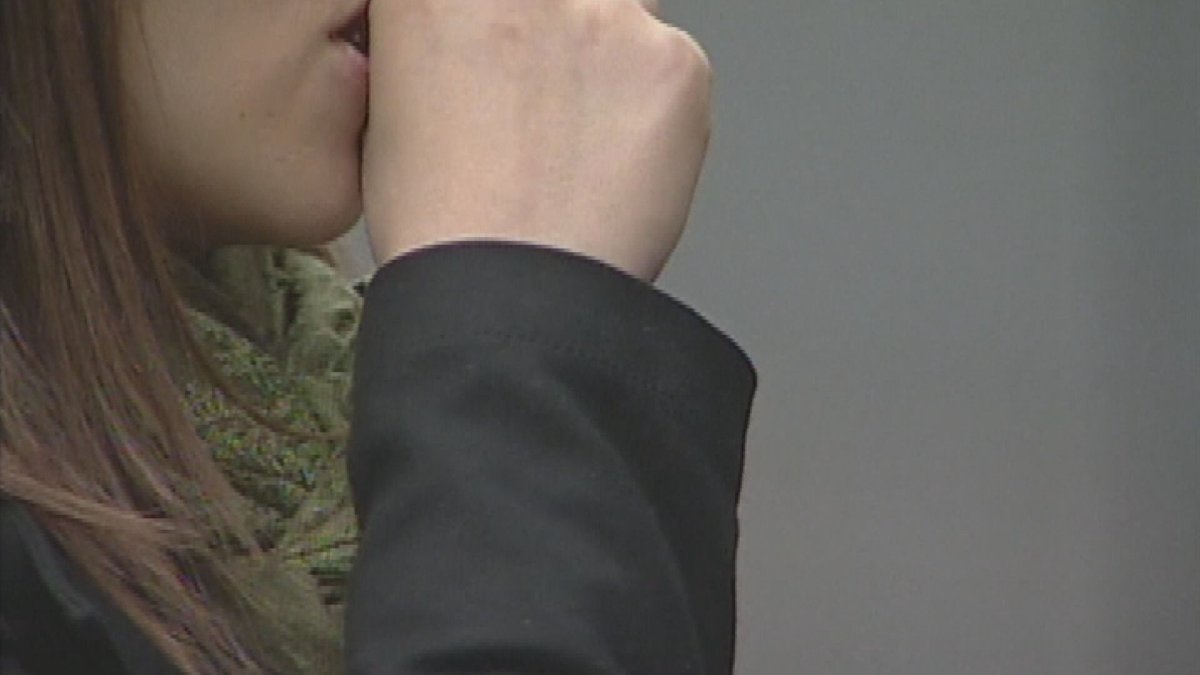The City of London has rented 100 motel rooms to help house the municipality’s vulnerable population during the COVID-19 pandemic.

Craig Cooper, manager of homeless prevention for the City of London, said the move was to free up space in shelters so workers are better able to enforce social distancing.
The rooms are to house people who are considered the most at risk, including the elderly and people with pre-existing health conditions.
“We have been able to work with agencies and secure those motel rooms to get people out of shelters to create that safe distancing,” he said.
“The dormitory-style living in shelters was the first place to start.”
By moving those most at risk, Cooper said it will give shelters more space to adequately distance people as well as free up more beds to transition people off the street and get a roof over their heads.
“We were in a housing crisis, and we are still in that. We have just had a pandemic thrown in on top of that.”
The funding for the hotels is from a mix of provincial and federal support.
Last week, the Ontario government committed $200 million in social services relief funding to help protect the health and safety of the province’s most vulnerable people in response to COVID-19.
The funding is designated to help municipalities and social service providers such as shelters, food banks, emergency services, charities and non-profits continue to deliver their critical services and find ways to promote social distancing and self-isolation.
As part of London’s response, there are also 26 rooms set up to house any possible or probable cases to ensure that those impacted can properly self isolate.
“We have nobody at this point that has tested positive for COVID-19 that needs that space through the shelter system,” Cooper explained.
Right now, he said, staffing is one of the biggest challenges in overseeing the motels, but adds it is something they are working through.
- Canadian man dies during Texas Ironman event. His widow wants answers as to why
- Invasive strep: ‘Don’t wait’ to seek care, N.S. woman warns on long road to recovery
- ‘Sciatica was gone’: hospital performs robot-assisted spinal surgery in Canadian first
- ‘Super lice’ are becoming more resistant to chemical shampoos. What to use instead
The city is working with London InterCommunity Health to get people assessed and tested as needed. Cooper is also urging people on the streets exhibiting symptoms to go to them first for a preliminary assessment instead of going directly to InterCommunity Health.
In addition to the rooms, 26 ‘Portable Comfort Stations‘ portable toilets with sanitizer have been set up throughout the Old East Village and the downtown core, so people in need have somewhere, they can sanitize their hands.
The stations include the four that were already located in Victoria Park as all as stations now in Ivey Park, Queens Park, and several located on some main streets.
Questions about COVID-19? Here are some things you need to know:
Health officials caution against all international travel. Returning travellers are legally obligated to self-isolate for 14 days, beginning March 26, in case they develop symptoms and to prevent spreading the virus to others. Some provinces and territories have also implemented additional recommendations or enforcement measures to ensure those returning to the area self-isolate.
Symptoms can include fever, cough and difficulty breathing — very similar to a cold or flu. Some people can develop a more severe illness. People most at risk of this include older adults and people with severe chronic medical conditions like heart, lung or kidney disease. If you develop symptoms, contact public health authorities.
To prevent the virus from spreading, experts recommend frequent handwashing and coughing into your sleeve. They also recommend minimizing contact with others, staying home as much as possible and maintaining a distance of two metres from other people if you go out.
For full COVID-19 coverage from Global News, click here.














Comments